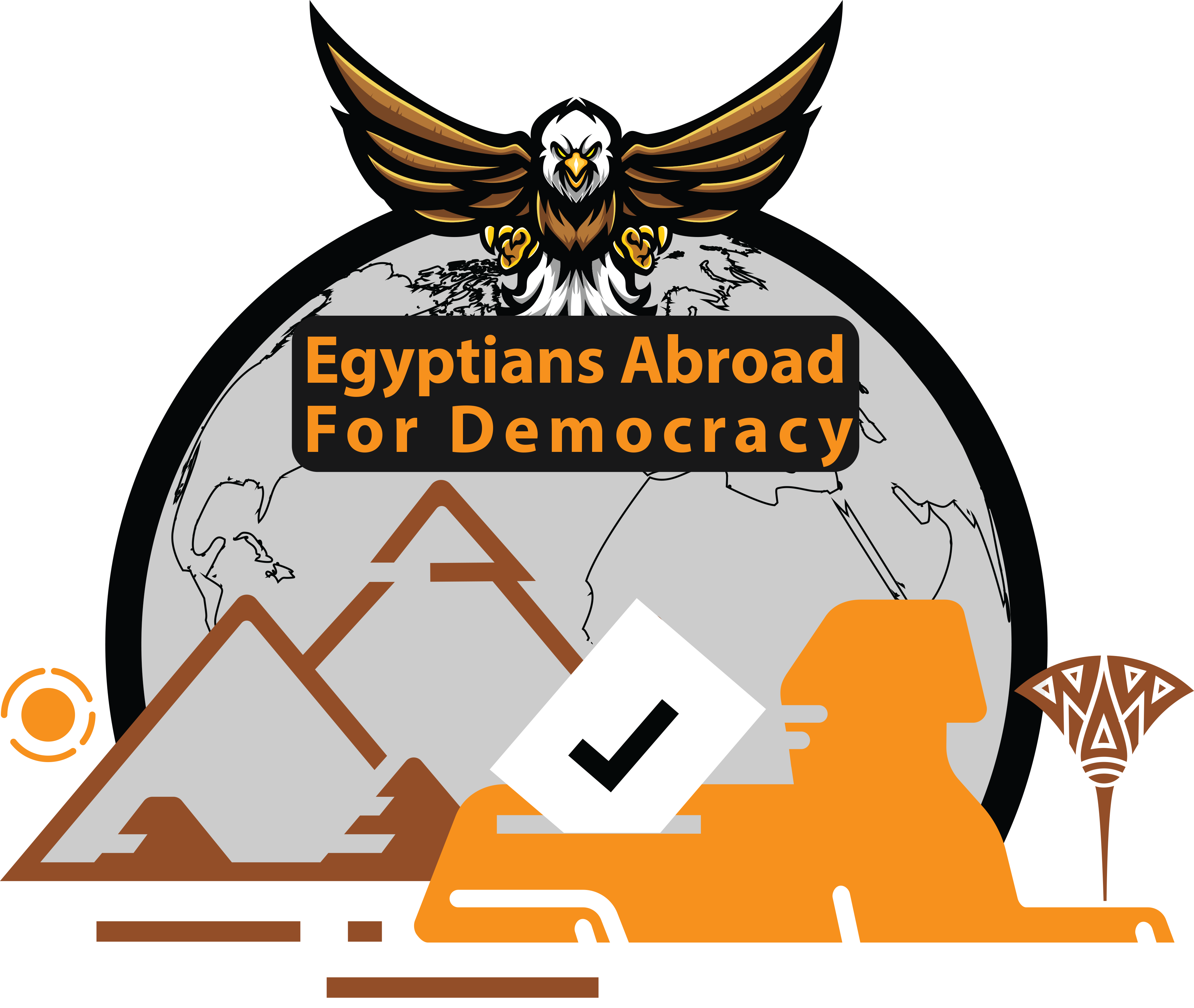From the Egyptian People to Sheikh Mohammed bin Zayed and the Rulers of the United Arab Emirates
The Egyptian people have always upheld the values of brotherhood and Arabism and the values of the blood bond that binds brothers in all Arab countries, provided that this does not affect the interests of the Egyptian people and their national security–but the United Arab Emirates has taken a path of action that contradicts that bond.
The UAE’s acquisition of Egypt’s resources represents a direct threat to Egypt’s national security. Observers confirm that the UAE’s supervisory role in sectors in which the UAE invests, such as communications, information technology, and education, is compromised by immunity from the necessary security approvals or legal accountability. The UAE’srole in the Egyptian economy was aimed from the beginning to disrupt Egyptian projects that compete with the UAE’s international role, especially in the maritime sectors carried out by the UAE, whether in the Jebel Ali area in Dubai, or Khalifa Port in Abu Dhabi..
When Dubai Ports took over the management of Ain Sokhna Port (the largest and most important port on the Red Sea), the project was supposed to be the opening of a group of major projects, but the storage capacity of trucks passing through the port decreased from 570,000 trucks to only 500,000 trucks, after the management assigned Dubai Ports, through an agreement in 2008 under which it acquired a 90% share. Not only that, but the UAE has also frozen the development projects of the Canal axis directly and completely, without the Egyptian government clarifying the fate of these projects, which were hoped to move the country to advanced development stages. The UAE has also taken over the medical sector in Egypt, where specialists estimate that the UAE controls over a third of , laboratories and hospital.s This stands in contrast to your role in the displacement and demolition operations taking place on Warraq Island and Fatimid Cairo, in preparation for tourism projects and financial services..
The UAE’s Goals in Egypt are Summarized as:
The UAE strives to control the resources of the Egyptian people by acquiring their economic projects at the lowest prices; itsr establishing control over very important facilities in Egypt (represented in the Ras El Hikma land project);, controlling a third of the medical sector; buying 12 private hospitals in Cairo, Eastern Tobacco Company, historical hotels, Ain Sokhna Port, the chemical and fertilizer industry, and container handling and Safaga Sea Port. The UAE seeks control over all sectors of Egyptian life, thus endangering the security and livelihood of Egyptians.
IThe UAE should be ashamed of itself. Its attempts to control a large part of Egypt’s economy parts are in clear violation of the articles of the Egyptian Constitution as follows:
Article 32
The State’s natural resources belong to the people. The State shall preserve and effectively exploit them, may not deplete them, and shall observe the rights of future generations to them. The State shall make the best use of renewable energy sources, motivate investment therein, and encourage relevant scientific research. The State shall encourage the manufacture of raw materials and increase their added value as per economic feasibility. Disposing of the State’s public properties is prohibited. Granting the right of exploitation of natural resources or public utility concessions shall be by law for a period not exceeding thirty (30) years. Granting the right of exploitation of quarries, small mines, and slatterns, or granting public utility concession shall be based on the law for a period not exceeding fifteen (15) years. The Law shall define provisions for disposing of the State’s private properties as well as the regulating rules and procedures.
Article 34
Public properties are inviolable and may not be infringed upon. Protection thereof is a duty according to the Law.
Article 43
The State shall protect and develop the Suez Canal and preserve it as an international waterway owned by the State. The State shall also develop the Canal sector as a distinguished economic center.
Article 127
The executive power may not obtain a loan or funding or engage in a project that is not listed in the approved State budget which entails expenditure from the State treasury within a subsequent period, except with the approval of the House of Representatives.
Article 151
The President of the Republic shall represent the State in its foreign relations conclude treaties and ratify them after the approval of the House of Representatives. Such treaties shall acquire the force of law following their publication by the provisions of the Constitution. Voters must be called for referendum on the treaties related to making peace and alliance, and those related to the rights of sovereignty. Such treaties shall only be ratified after the announcement of their approval in the referendum. In all cases, no treaty may be concluded which is contrary to the provisions of the Constitution or which results in ceding any part of state territories.
Based on the above constitutional provisions that were violated by your agreements with Egypt’s tyrant, all such agreements are null and void.The people of Egypt will strive to recover all their rights lost over the past years as soon as democratic rule is reestablished in our country.
A legal committee, comprised of the main signatories to this letter, will prepare files of the various cases to be established when the time comes. Through an international legal office, the committee will prove each claim and demand the return of these resources and assets to the people of Egypt.In accordance following and based upon the theory of emergency, force majeure, or exceptional circumstances(the coup carried out by Sisi falls under force majeure), the Egyptian people have the right to object to any contract that affects Egypt’s land, resources,. or national security.
U.A.E
saif.a.alkaabi@mod.ae
UAE email
AskPublicAffairs@state.gov.
80044444
